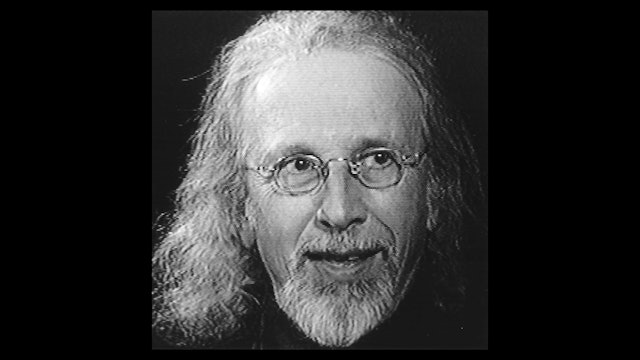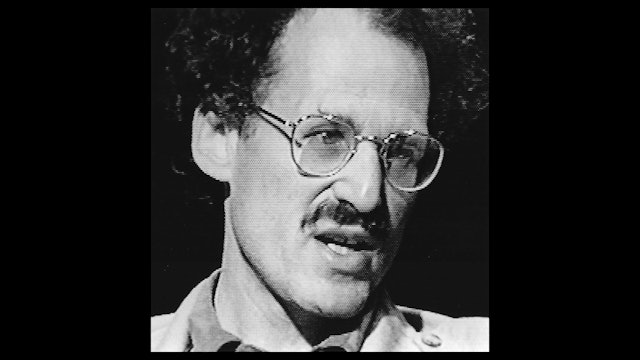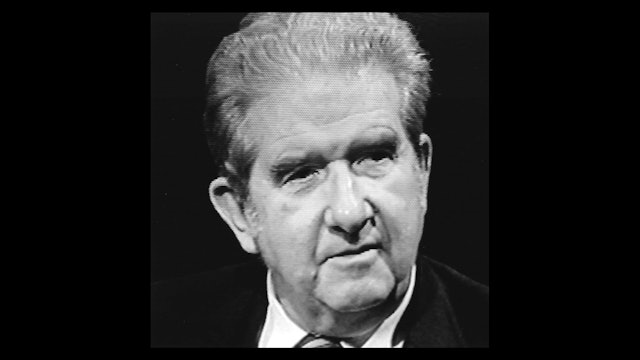Science and the Cosmos
"Before quantum physics, people knew that human beings were conscious. We knew that animals were conscious. Some of the ancient traditions, particularly some of the Hindu traditions, or the Vedic traditions of ancient Indian religion, speak in terms of everything being conscious. Rocks are conscious; your thumbnail is conscious; the television cameras that are recording this show are conscious. So they speak about consciousness pervading everything. But with the twentieth century and with quantum physics, we began to see what might be called a new role for consciousness."
--Fred Alan Wolf
-
Sarfatti, Jack - Physics and the Paranormal II
Jack Sarfatti presents his model for "post-quantum physics" in which he postulates that consciousness exists at a level outside of time and space, beyond that of quantum mechanical probability waves. He suggests that this scientific model may eventually allow us to build conscious computer chips....
-
Saul-Paul Sirag - Exploring Hyperspace
1 season
Saul-Paul Sirag reviews the history of our understanding of higher dimensions, from early ideas of the "fourth dimension" to the early 20th century dimensional theory that proved to be successful in unifying electromagnetism and gravity. This search for unification has lead to continued explorati...
-
Searle, John - Mind, Brains and Science
Will computers ever achieve consciousness? John Searle, Ph.D., is a professor of philosophy and cognitive science at U.C. Berkeley and author of Intentionality and Minds, Brains and Science. He challenges the notion that the human mind operates like a computer, pointing out that intentionality an...
-
Sheldrake, Rupert - A New Science of Life
Biologist Rupert Sheldrake, Ph.D., author of A New Science of Life, has stimulated and even startled the scientific world by challenging mechanistic thinking in the life sciences. Dr. Sheldrake proposes a startling alternative to the idea that genetic programming is solely responsible for diversi...
-
Sheldrake, Rupert - The Presence of the Past
Were there any "laws of the universe" at the time of the "big bang?" Oxford trained biologist Rupert Sheldrake, Ph.D., author of The Presence of the Past, says that all laws developed as "habits" over time. Thus the universe and its laws can be seen to be continually evolving. In this view the th...
-
Sheldrake, Rupert - The Universal Organism
The so-called "laws of nature" may actually be more like habits and instincts than immutable and inviolable laws. Rupert Sheldrake, Ph.D., biologist and author, suggests that from this perspective all of creation may be viewed as a living organism. This ancient concept, he says, challenges the no...
-
Sirag, Saul-Paul - Consciousness and Hyperspace
Nineteenth century theologians developed the idea of multiple dimensions to explain the idea of God in scientific language. Physicist Saul-Paul Sirag discusses current theories of multiple dimensions, which have been fabricated to account for sub-atomic interactions, and the implications of these...
-
Tart, Charles - Science and Spiritual Traditions
Western science and traditional spiritual practice are both dedicated to the search for truth. Charles Tart, Ph.D., professor of psychology at the University of California at Davis and author of Transpersonal Psychologies, suggests that in the future we may be able to specify which types of indiv...
-
Willis Harman - Metaphysics and Modern Science
1 season
Contemporary science is engaging in a process of integrating human consciousness into its body of knowledge. As an example of this new direction, Dr. Harman summarizes research into the conscious survival of the death of the body. He points to several lines of evidence suggesting a need for a lar...
-
Wolf, Fred Alan - Physics and Consciousness
Witty and profound, physicist Dr. Wolf's far-ranging thinking extends our understanding of quantum physics as it applies to the human body and mind, suggesting that we are inextricably connected with all that exists in the physical universe.
Fred Alan Wolf, Ph.D., received the American Book Awa...
-
Young, Arthur M. - Determinism Free Will and Fate
Free will and purpose are not inconsistent with a universe subject to law. In fact, says Arthur Young, free will would be ineffective without a determinate world to act upon. Young, philosopher and inventor of the Bell helicopter, discusses the difference between determinism--the belief that ever...
-
Young, Arthur M. - Evolution, The Great Chain of Being
Philosopher Arthur M. Young, author of The Reflexive Universe, describes three different types of evolution: physical evolution of the form of the body, evolution of the "group soul" of a species, and personal evolution, i.e., the spiritual evolution of the individual. This program contains excer...
-
Young, Arthur M. - Self and the Universe
How can there be separate things in a universe that is interconnected? How can we be separate beings in a universe created by God? Arthur M. Young, inventor of the Bell helicopter, was the founder of the Institute for the Study of Consciousness. Young suggests that the ancient dieties act in our ...
-
Young, Arthur M. - Value and Purpose in Science
Consciousness, rather than being a property which "emerges" at higher orders of complexity, is a basic principle intrinsic to every level of creation, according to this stimulating program with philosopher Arthur M. Young. Inventor of the Bell Helicopter and founder of the Institute for the Study...















